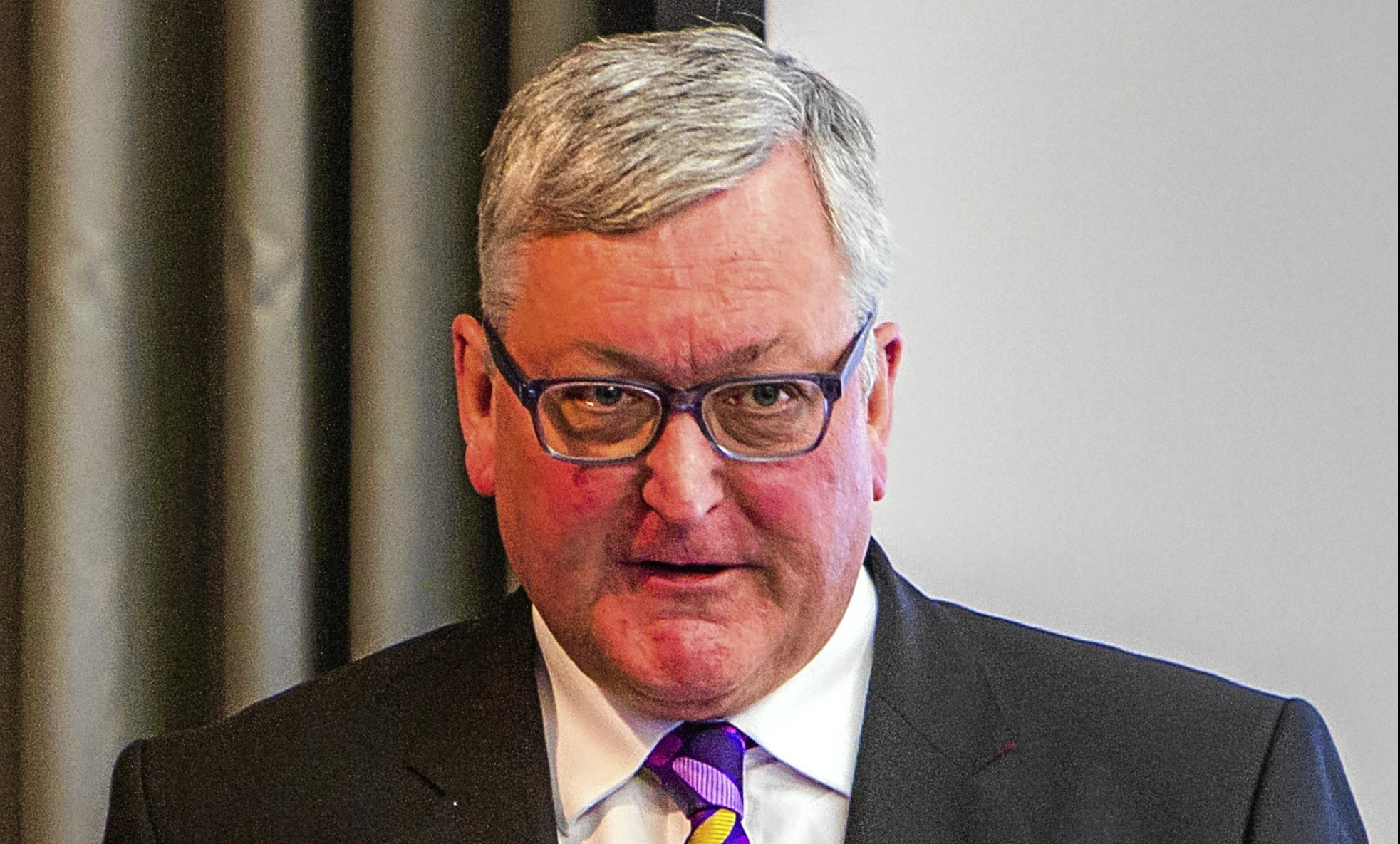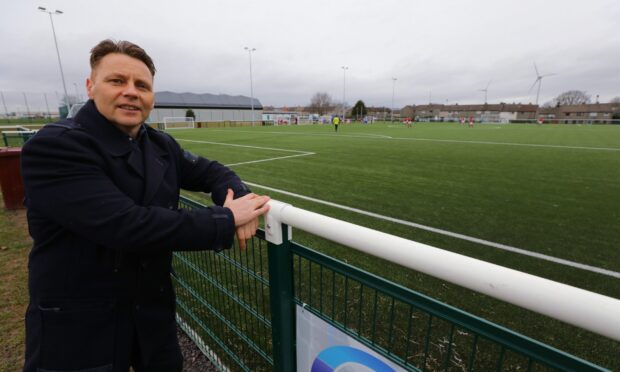Scotland’s energy minister has likened the treatment of the hydro power sector by the UK government to that faced by prisoners sent to the Gulag labour camps in remote areas of the former Soviet Union.
Mr Ewing – who was energy minister at the time of making his speech to the Scottish Renewables hydro power conference in Perth but who has been reassigned to the rural economy and connectivity brief in the Cabinet reshuffle – told delegates he had been looking for a metaphor to describe the challenges currently faced by the hydro sector after the UK Government moved to reduce public support to the industry by introducing reductions in feed-in-tariffs.
“The hydro industry has been sent to the Gulag,” Mr Ewing declared.
He continued: “We have the prospect over the next two to three years of many projects coming to completion.
“But many of those will be threatened by the necessity to have a ROC (renewables obligation certificate).”
The Gulags were notorious forced labour camps in the former Soviet Union. Millions of prisoners were sent to the remote camps and a significant proportion of those exiled died during their incarceration.
Mr Ewing said the UK Government had sent the hydro industry to the Gulag by ignoring the views of the the British Hydropower Association, eschewing expert analysis and dismissing the Scottish Government’s representations on the future of the industry by bringing forward changes to the feed-in tariff system for renewables late last year.
Many hydro projects rely on the subsidies for early-stage viability and the industry has warned of the impact of significant reductions in the level of support available.
Around 70% of the UK’s hydro power schemes are based in Scotland and developers have said it was unlikely that new scheme would be brought forward after 2017 when the support regime changes.
Mr Ewing told delegates that the SNP itself had been in the Gulag in the 1970’s but had emerged to victory in more recent times.
He said the hydro sector could also rise from the current doldrums and suggested a transfer of responsibility for energy subsidy to Holyrood could help the situation.
“We do stand, as I say, in the Gulag,” Mr Ewing said. “It is possible to get out of the Gulag. I assure you now that we in the Scottish Government will be advancing every argument that it will be absolutely the wrong action.”
He continued: “I never believe in giving up. When things look difficult, that is the time to review strategy, work with partners and fight and fight and fight again until win.”
A spokesperson for the Department of Energy and Climate Change said the UK Government acknowledged the value of hydro power within Britain’s energy mix.
“We’re dedicated to reducing our emissions and moving to low carbon energy, but this has to be done in the most cost-effective way,” the spokesman said.
“Our changes to the FITs scheme sought to balance the supply chain, jobs and rural economy benefits against the impacts on bills paid by families and businesses.”











